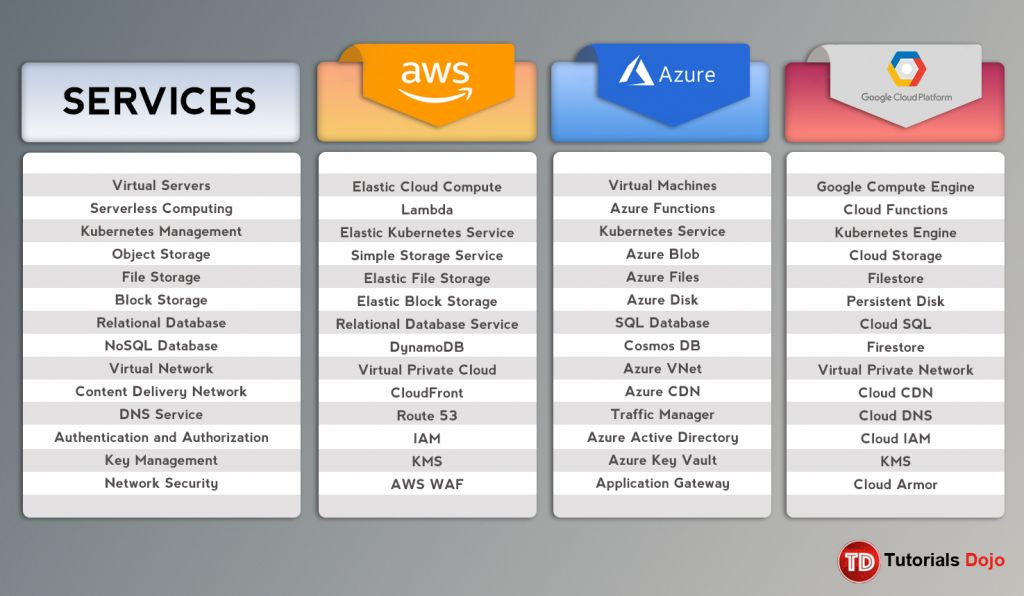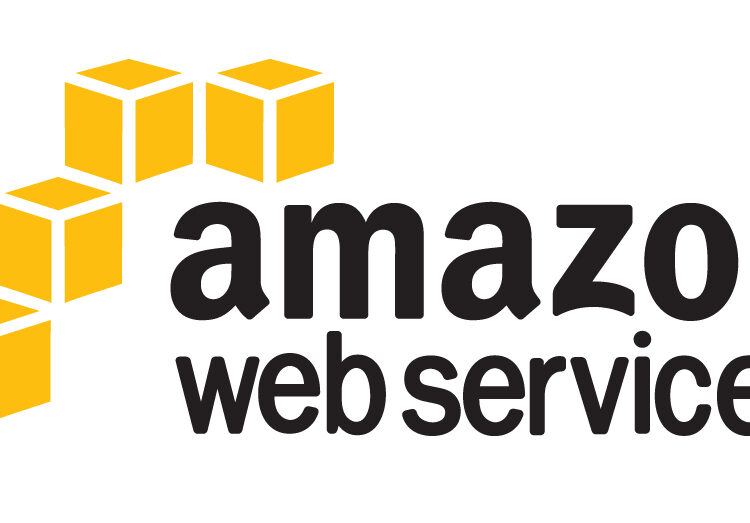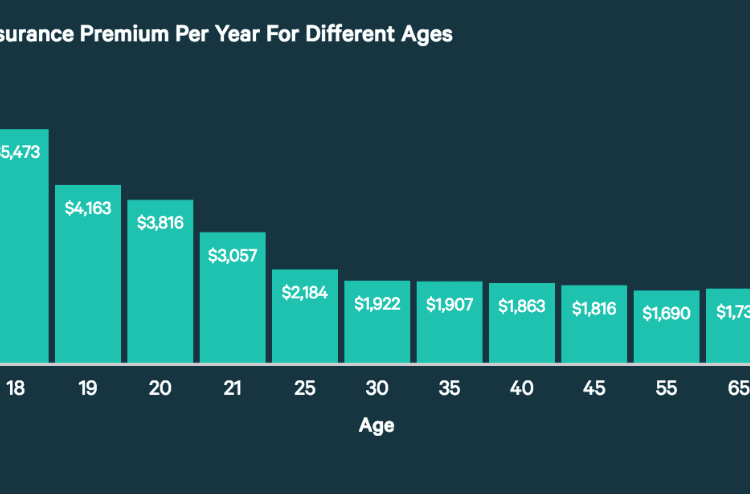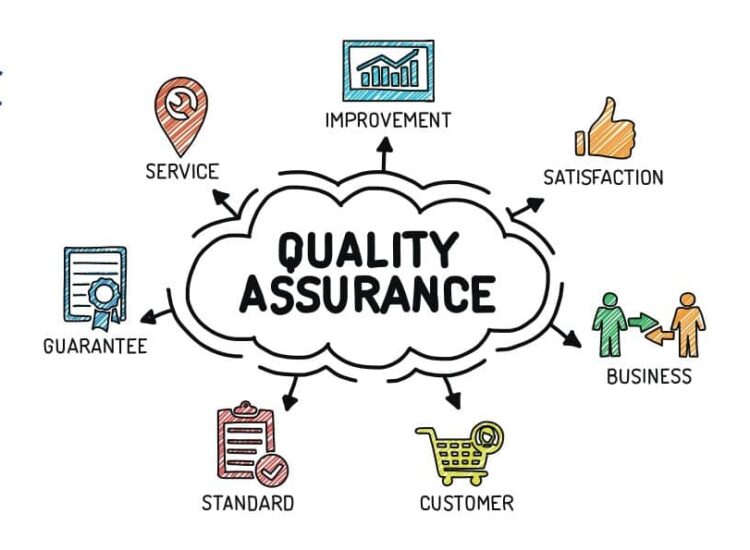Virtual private server trials are indispensable tools for developers and startups looking to test powerful hosting solutions without financial commitments. The recent surge in popularity of cloud-based VPS trials presents both opportunities and challenges. While these trials provide convenient access to robust resources, the complexities of server management and potential security vulnerabilities can be daunting for beginners. The limited duration of most trials necessitates efficient planning and execution to maximize benefits.
Toc
- 1. Understanding VPS Trials and Their Benefits for Startups
- 2. Choosing the Right VPS Trial Provider for Your Startup
- 3. Setting Up and Configuring Your VPS Trial
- 4. Maximizing Your VPS Trial: Testing and Experimentation
- 5. Related articles 02:
- 6. Exploring Serverless Alternatives
- 7. Counterargument to VPS Trials
- 8. Transitioning from Trial to Paid VPS Hosting
- 9. Conclusion
- 10. Related articles 01:
Understanding VPS Trials and Their Benefits for Startups

A virtual private server trial is a temporary hosting solution that allows developers to test the capabilities of a VPS without financial commitment. Unlike shared hosting, which offers limited resources and flexibility, a VPS mimics a dedicated server, providing more control over the hosting environment. This flexibility is especially valuable for startups, which often require cost-effective solutions while exploring scalability.
Advantages of Using a VPS Trial for Startups
Utilizing a virtual private server trial free can offer several advantages for startups:
- Cost-Effectiveness: Startups can experiment with server configurations and software without incurring upfront costs. For example, a startup developing a minimum viable product (MVP) might use a 7-day trial to test their application’s performance under anticipated load before committing to a more expensive long-term plan. This allows them to optimize resource allocation and avoid paying for more resources than needed during the initial stages.However, it’s crucial to consider hidden costs. Some providers might charge for data transfer beyond a certain limit, even during a trial period. Others might require credit card information, potentially leading to unintentional charges if not carefully monitored. Therefore, a thorough review of the provider’s terms of service is essential before starting a trial.
- Risk Mitigation: By testing a VPS before committing to a paid plan, startups can avoid costly mistakes associated with inadequate hosting solutions.
- Scalability Testing: A trial allows businesses to evaluate how well the VPS can handle increased traffic or resource demands, crucial for growth-oriented startups.
- Feature Exploration: Startups can explore various features and tools available with different VPS providers, helping them make informed decisions.
Different Types of VPS Trials
When considering a VPS trial, startups should be aware of the various options available:
- Free VPS Trial 1 Year: While rare, this extended trial is ideal for long-term projects or comprehensive evaluations.
- VPS Free Trial 30-Day: The most common trial length, offering ample time to assess performance and usability.
- Free VPS Trial 7 Days: A short-term option suitable for quick evaluations or testing specific features.
- VPS Free Trial 60 Days: An extended evaluation period allowing for more thorough exploration of the VPS solution.
- Free VPS Trial 1 Hour: Perfect for quick tests, though it comes with limited resources.
- Windows VPS Free Trial: Some providers offer trials specifically for Windows operating systems, catering to specific project needs.
Aligning the trial length with project requirements is crucial for maximizing the benefits of a virtual private server trial.
Choosing the Right VPS Trial Provider for Your Startup
Selecting the right provider for a VPS trial is essential for startups looking to optimize their hosting solutions. Here are key factors to consider:

Key Factors for Selecting a VPS Provider
- Trial Length : Consider the duration of the trial. Options like Free VPS trial 1 year or VPS free trial 30-day can significantly impact your testing experience.
- Resource Limitations: Evaluate the offered resources, including RAM, CPU, and storage. Providers with generous limits can better accommodate demanding applications.
- Operating Systems Available: Determine if the provider supports your preferred operating system, such as Linux or Windows VPS free trial options.
- Credit Card Requirement : Some trials, like VPS free trial no credit card, allow users to test services without immediate financial commitment, which can be beneficial for startups.
- Security Certifications: Security certifications, such as ISO 27001 or SOC 2 compliance, are also crucial considerations. These certifications indicate that the provider adheres to robust security standards, protecting your data and applications during the trial and beyond. Providers without such certifications might pose higher security risks.
- Ease of Use: A user-friendly control panel can simplify the setup and management process, allowing startups to focus on development.
- Customer Support and Documentation: Reliable support and thorough documentation can help address issues quickly, ensuring a smoother trial experience.
- Pricing of Paid Plans After the Trial: Understanding the cost structure after the trial is vital for budgeting and future planning.
- Sustainability Practices: The growing importance of sustainable hosting practices cannot be overlooked. Consider providers offering carbon-neutral or green energy options, which align with environmentally conscious values.
Comparing Popular VPS Providers
When choosing a provider, it can be helpful to compare offerings from various popular VPS providers:
- Provider A:
- Trial Length: 30-day free VPS trial with a $100 credit.
- Credit Card Requirement: Yes.
- Operating Systems Available: Linux and Windows.
- Resource Limitations: 1GB RAM, 1 CPU core, 20GB SSD storage.
- Pros: Excellent documentation and responsive support.
- Cons: Limited RAM for intensive applications.
- Provider B:
- Trial Length: VPS free trial 60 days with flexible resource allocation.
- Credit Card Requirement: No.
- Operating Systems Available: Linux only.
- Resource Limitations: Up to 2GB RAM, 2 CPU cores, 50GB SSD storage.
- Pros: No credit card required and extended trial period.
- Cons: Limited to Linux applications.
- Provider C:
- Trial Length: Free VPS trial 7 days.
- Credit Card Requirement: Yes.
- Operating Systems Available: Linux only.
- Resource Limitations: 512MB RAM, 1 CPU core, 10GB SSD storage.
- Pros: Quick access for immediate testing.
- Cons: Very limited resources.
- Provider D:
- Trial Length: Free VPS trial 1 hour.
- Credit Card Requirement: No.
- Operating Systems Available: Windows VPS free trial available.
- Resource Limitations: 256MB RAM, 1 CPU core, 5GB SSD storage.
- Pros: Instant access without credit card.
- Cons: Extremely limited resources.
- Provider E:
- Trial Length: Free VPS trial 1 year (limited availability).
- Credit Card Requirement: Yes.
- Operating Systems Available: Windows and Linux.
- Resource Limitations: 4GB RAM, 2 CPU cores, 100GB SSD storage.
- Pros: Long duration for thorough testing.
- Cons: Requires credit card, limited to select users.
Reading reviews and comparing features is crucial for making an informed decision about which provider to choose for your virtual private server trial.
Setting Up and Configuring Your VPS Trial
Once you’ve selected a VPS trial, the next step is setting up and configuring your server effectively. Here’s a step-by-step guide tailored for startups:

Step-by-Step Guide to Setting Up Your VPS
Choosing Your Operating System
- Select the Right Operating System: Choose an OS that aligns with your project needs. For web applications using .NET, a Windows server may be ideal, while Linux is often preferred for PHP-based projects.
Implementing Security Measures
- Configure Security Settings: Implement security measures, such as firewalls and secure SSH access, to safeguard your server from unauthorized access.
Installing Essential Software
- Install Necessary Software: Depending on your development requirements, install essential applications and dependencies, such as web servers (Apache or Nginx) and databases (MySQL).
Monitoring Resource Usage
- Monitor Resource Usage: Regularly check CPU, RAM, and storage utilization to ensure optimal performance. Identifying bottlenecks early can help avoid issues later.
Regular Backups
- Regular Backups: Implement a backup strategy to protect your data. This could include automated backups or manual snapshots of your server.
Importance of Security and Monitoring
Prioritizing security during the setup phase is essential. Startups should consider implementing strong passwords, regular updates, and monitoring tools to track potential vulnerabilities. Basic server monitoring practices can help detect performance issues before they escalate.
Maximizing Your VPS Trial: Testing and Experimentation
Startups should view the VPS trial as an opportunity for exploration and learning. Here are ways to make the most of the trial period:
2. https://pcoustic.com/mmoga-virtual-private-server-canada-best-options-for-small-businesses/
3. https://pcoustic.com/mmoga-your-guide-to-ovh-virtual-private-servers-for-smbs/
4. https://pcoustic.com/mmoga-mastering-google-cloud-computing-a-comprehensive-guide-to-leveraging-gcp/

Encouraging Exploration of Configurations
- Experiment with Different Setups: Utilize the trial period to test various configurations, including different server sizes and operating systems.
- Load Testing: Use simple load testing tools to simulate traffic and evaluate how your server performs under stress.
- Document Findings: Keeping track of configurations and performance metrics will be valuable when deciding whether to upgrade to a paid plan.
Learning About Server Management
During the trial, startups can gain valuable insights into server management. Understanding how to configure, monitor, and optimize a VPS can significantly benefit ongoing and future projects.
Exploring Serverless Alternatives
While VPS trials remain valuable, the rise of serverless computing platforms like AWS Lambda and Google Cloud Functions offers a compelling alternative for startups. These platforms allow developers to run code without managing servers, potentially reducing operational overhead and costs, especially for applications with fluctuating demand. However, serverless architectures might not be suitable for all applications, particularly those requiring persistent connections or significant storage.
Counterargument to VPS Trials
While VPS trials provide hands-on experience with server management, they might not accurately reflect the complexities of managing a production environment. Factors like scaling, security patching, and disaster recovery, which are crucial in production, are often simplified or omitted in trial environments. Therefore, startups should complement VPS trials with other learning resources and consider seeking expert advice for production deployment.
Transitioning from Trial to Paid VPS Hosting
After evaluating your VPS trial, you may consider transitioning to a paid hosting plan. Here are some factors to keep in mind during this process:
Factors to Consider for Upgrading
- Performance Needs: Assess whether the resources offered during the trial meet your project’s demands. If your applications are running slowly or facing downtime, it may be time to upgrade.
- Budget Considerations: Determine your budget for a VPS solution. Providers often offer various billing options, including monthly and yearly plans.
- Support and Management Levels: Consider the level of support you require. Some providers offer managed services, while others may require you to handle server management independently.
Migrating Data and Configurations
When transitioning from a trial to a paid plan, ensuring a smooth migration process is crucial. Here are some tips:
- Backup Your Data: Before migrating, back up all critical data and configurations.
- Choose the Right Plan: Select a paid plan that aligns with your performance and budget requirements.
- Contact Support: If you’re unsure how to migrate your data, reach out to your provider’s support team for assistance.
Conclusion
A virtual private server trial is a valuable resource for startups looking to test hosting solutions without commitment. By understanding the different types of trials available, selecting the right provider, and maximizing the trial experience, developers can make informed decisions that align with their long-term needs. Whether you opt for a Free VPS trial 1 year or explore a VPS free trial 30-day, the insights gained during this period can significantly impact your development projects.
Take the plunge and leverage a virtual private server trial today to find the perfect hosting solution for your startup’s needs. By actively engaging in testing and experimentation, understanding the implications of your choices, and preparing for a smooth transition to a paid plan, you can set your startup on a path to success.
1. https://pcoustic.com/mmoga-b2b-saas-lead-generation-a-comprehensive-guide-for-marketing-managers/
2. https://pcoustic.com/mmoga-virtual-private-server-canada-best-options-for-small-businesses/
4. https://pcoustic.com/mmoga-mastering-google-cloud-computing-a-comprehensive-guide-to-leveraging-gcp/
5. https://pcoustic.com/mmoga-your-guide-to-ovh-virtual-private-servers-for-smbs/










